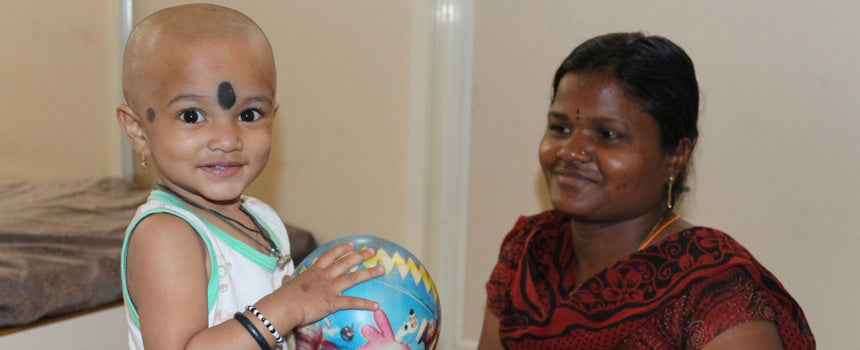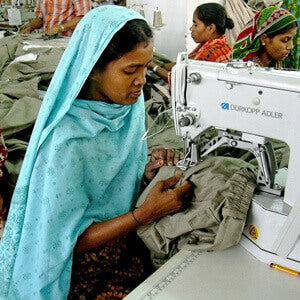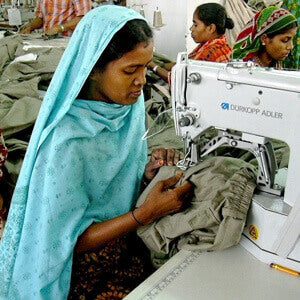Day 10
3 meals a day for children of seamstresses in Bangladesh
 Daycare centers instead of child labor
Daycare centers instead of child labor


Healthy food for children of seamstresses in Bangladesh

need
Nutrition for children of seamstresses in a daycare center in Bangladesh.
activity
Local NGO buys food and prepares 3 meals a day for the daycare children.
Measurable performance
Number of meals distributed to the children.
Result
The measure provides 20 children with healthy meals a day.
Systemically relevant impact
Improving the health and educational opportunities for school children of seamstresses.
background


The good deed
AboutBangladesh
Dhaka
Capital city
164 800 000
Population
3.611
Gross domestic product
per capita per year
136
Human Development Index
(Human Development Index)


